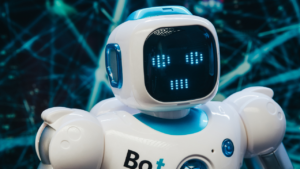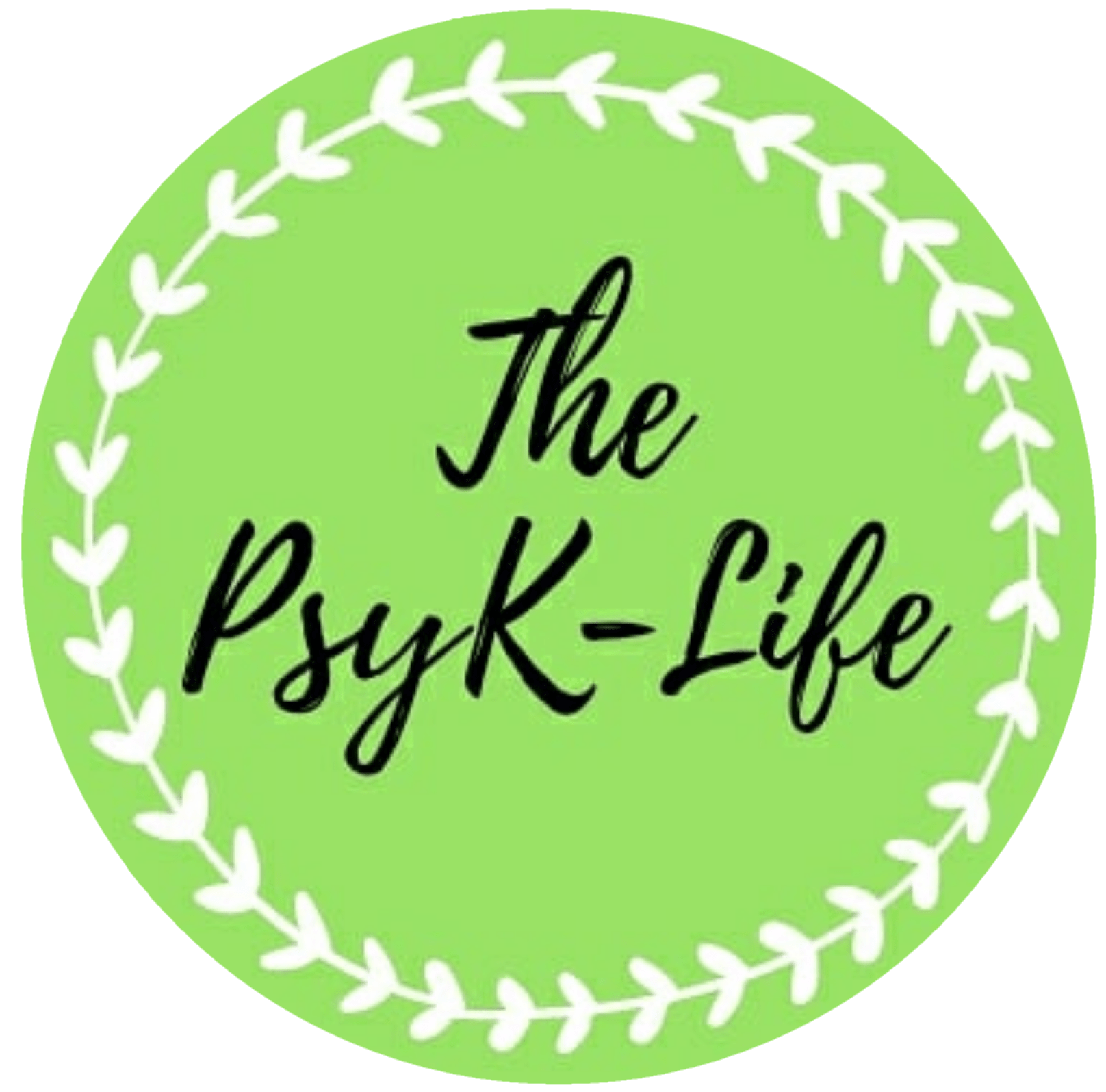
It was the year 2019 when the world halted due to an epidemic outbreak. COVID-19 took everyone by surprise when everyone was forced indoors; restricting people from performing their daily activities, work, education, business, etc. This is exactly when the need to take care of mental health was on rise. Even the most conservative and obstinate people could finally see what can happen to one’s mental health if not taken care of seriously. Mental health practitioners pulled up their socks to do their best in providing support through tele counselling which proved to be successful as a large number of people in distress reached out with common complaints of anxiety, suicidal thoughts and depression. According to a report by The Hindu, teletherapy helpline was set up by the National Institute of Mental Health and Neuro-Sciences (NIMHANS) in India. In addition, the popular doctor consultation app, Practo’s online consult had registered a 240% growth in overall psychiatry teleconsultations (comprising 74% men and 26% women).
While the world made a shift to online mode, to bridge the gap, artificial intelligence (AI) slowly made its way in the healthcare sector. For years now, mental health organisations like like Woebot and Wysa have been using chatbots and virtual assistants to address issues. They’re available 24/7, at no cost, and they reduce stigma in terms of accessing treatment. The recent development in the field of AI and mental health has focused on including machine learning (ML) to improve the accuracy of diagnosis as per DSM-5. The chief benefit of using AI in mental healthcare is the technology’s ability to obtain insights from massive amounts of data. AI systems could help mental health practitioners go through these data resources and collect clinical areas to focus that will improve patient care, thus reducing diagnosis time and allowing a greater number of patients to be attended at once.

As much as AI is benefitting the mental healthcare industry and the distressed persons, the purpose of AI is not to replace humans but rather to support them. The aim here is using AI so that there is better partnership and collaboration with the mental health practitioners in such a way that the interventions and treatment provided to the patients is based on calculated diagnosis. Hypothetically, after years of practice especially in therapy and history taking, any therapist or mental health practitioner depends mostly on judgement which is based on their experience. This bias can be eliminated with the help of AI.
What would be the definite future of AI in mental health is still unclear. However, the use of AI in therapy is dependent on several factors, and even if the industry is able to overcome some major challenges, technology is still something that we cannot completely be depended upon simply because it is humans we are dealing with here. In order for AI to be successful, further research and analysis needs to be done in this area.
Written by: Rukhsar Rashid





very well written blog.
Do you like BTS too? because im part of the army